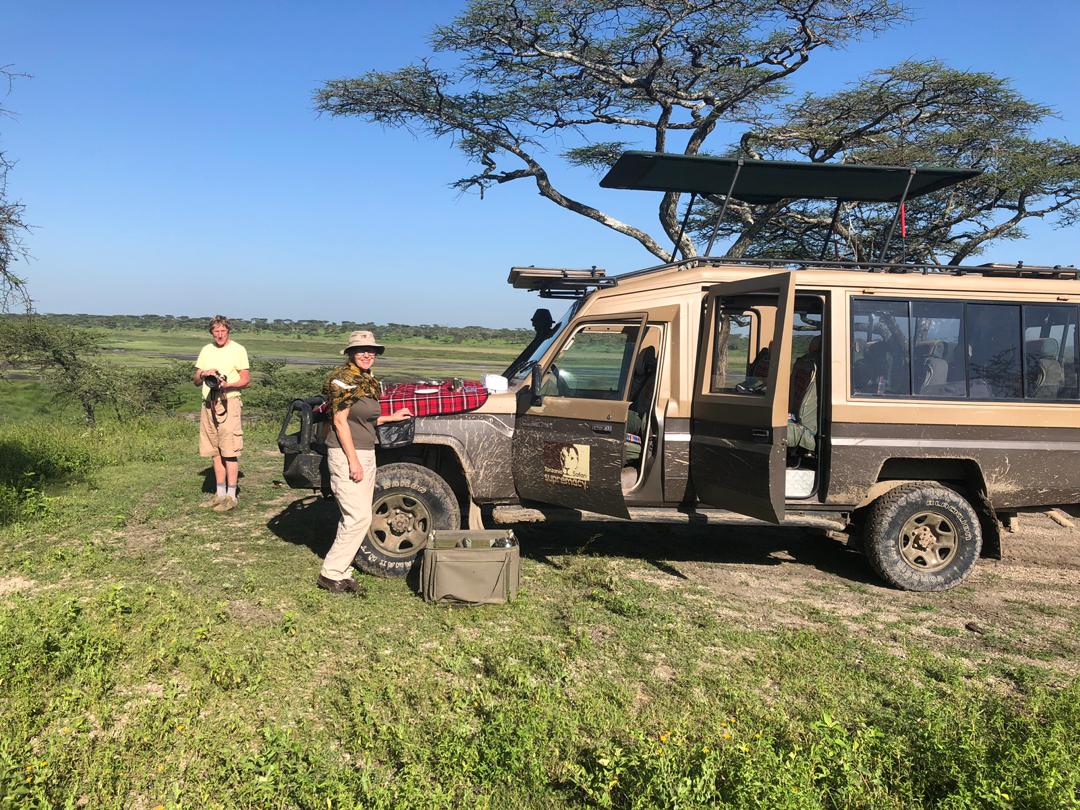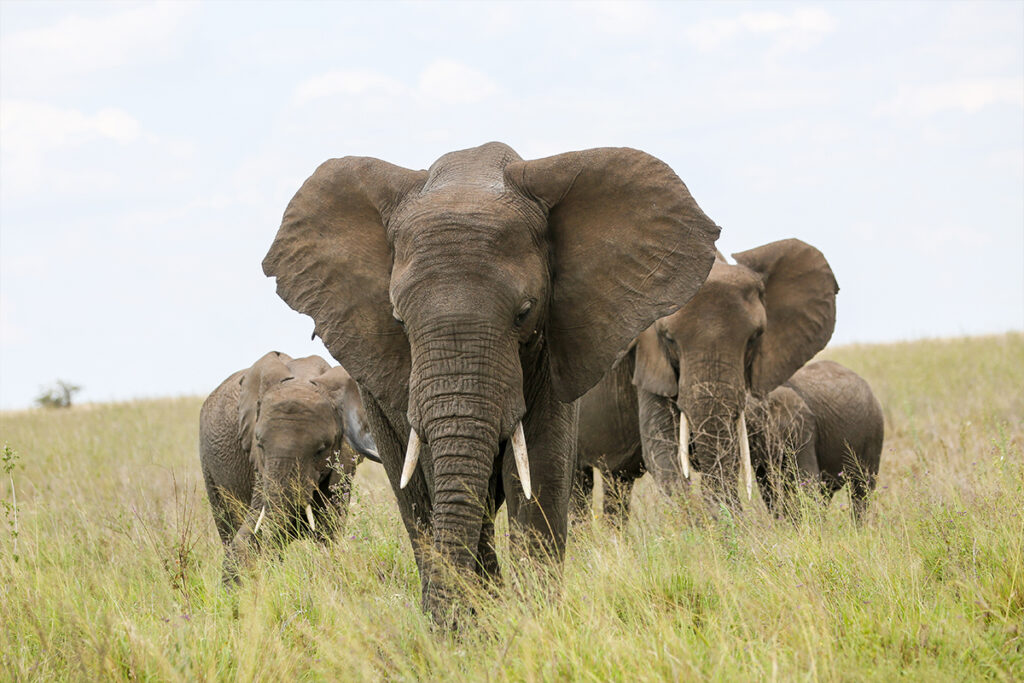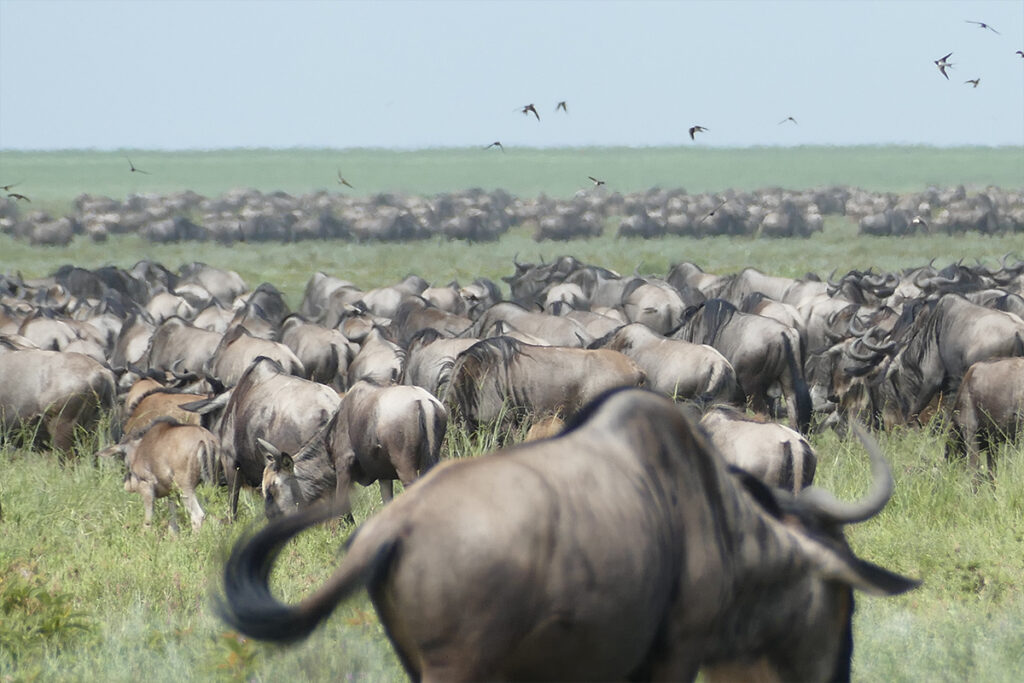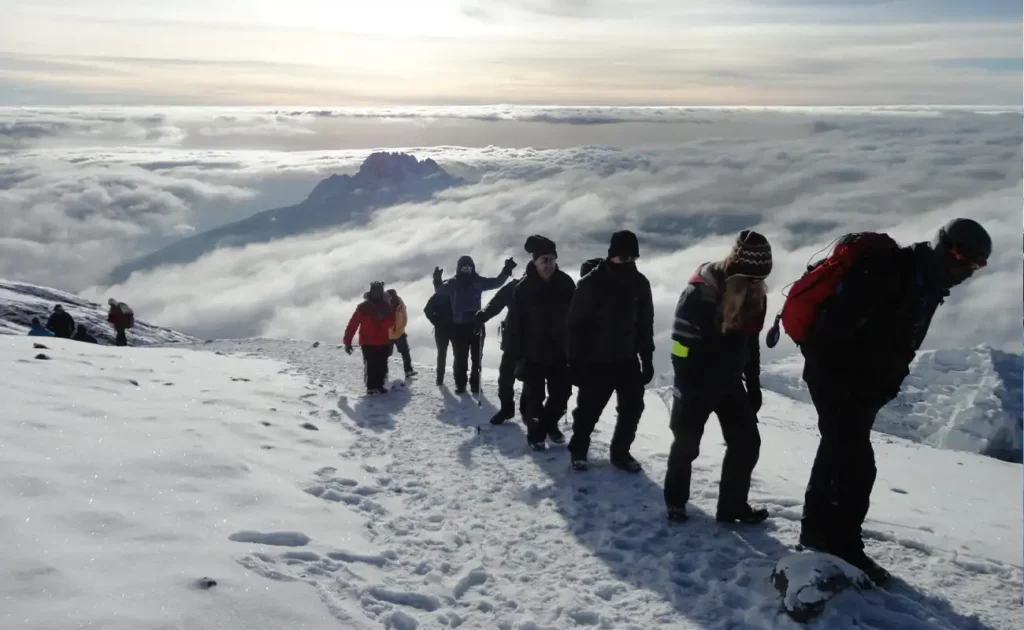Booking a Tanzania safari can be the adventure of a lifetime, but many don’t realize how simple it can be. Have you ever wondered what it takes to embark on an unforgettable journey through Serengeti’s vast plains? With the right knowledge, booking a Tanzania safari can be a smooth and exciting process, bringing your wildlife dreams to life.
The essential steps involve selecting a reputable tour operator, determining the best time to visit, and choosing the type of safari that suits your interests. Tanzanian safaris offer an unparalleled range of options, from luxury lodges to budget camping experiences. Notably, the tourism sector contributed 17% to Tanzania’s GDP in 2019, mirroring its excellence in providing world-class safari experiences.

How to book a Tanzania safari
Embarking on a safari in Tanzania offers an adventurous escape into the heart of Africa’s wildlife. Begin by researching various tour operators who specialize in Tanzania safaris. It’s essential to choose a reputable operator to ensure a safe and enjoyable journey. Check reviews and ratings from past travelers to make an informed decision. The right tour operator can make all the difference to your safari experience.
Next, determine the best time to visit based on what you want to see. The Great Migration is a highlight, occurring from July to September. During this time, wildebeests move in massive herds across the Serengeti. If bird watching is your goal, consider visiting from November through April. Different seasons offer unique opportunities and experiences.
Choosing the type of safari that aligns with your interests is crucial. Options range from luxury safaris with high-end lodges to budget-friendly camping safaris. You can opt for walking safaris, jeep tours, or even hot air ballooning. Each type provides varied perspectives and encounters with wildlife. It’s all about what kind of adventure you seek.
Finally, book your airfare and verify all necessary travel documents like visas and vaccinations. Having everything in order can prevent last-minute hassles. Always check for any travel advisories and ensure you have adequate travel insurance. A well-planned safari allows you to focus on enjoying the breathtaking landscapes. Once these details are managed, you’re all set for an unforgettable Tanzanian safari!
Step 1: Selecting a reputable tour operator
Finding a reputable tour operator is the first step to a successful Tanzania safari. Start by researching well-known companies with a strong presence in the safari industry. Look for operators who have experience and a solid track record. Reviews on websites like TripAdvisor can provide valuable insights. Positive feedback from previous travelers often indicates reliability.
Certification and memberships in professional safari associations are also important. These affiliations show the operator adheres to industry standards. Some notable associations include the Tanzania Association of Tour Operators (TATO) and the African Travel and Tourism Association (ATTA). Being part of these organizations adds a layer of trust. It’s a good practice to check if the operator is affiliated with any of these groups.
Consider the type of safari experiences offered by the tour operator. Some specialize in luxury safaris, while others cater to budget travelers. Make sure their offerings align with your preferences and budget. You can also request customized itineraries for a more personalized experience. Diverse options can enhance your overall safari journey.
Finally, verify the operator’s customer service quality. Reach out with questions and observe the response. Prompt and informative replies are signs of good service. A reputable operator will be transparent about costs and inclusions. This ensures you know exactly what to expect. Booking with a reliable tour operator sets the stage for an amazing safari.
Step 2: Identifying the best time to visit
Deciding when to go on your Tanzania safari is an exciting step. Different times of the year offer unique experiences. The dry season, from June to October, is popular due to the Great Migration. During this time, you can witness millions of wildebeests crossing the plains. Game viewing is also more concentrated near water sources.
The wet season, from November to May, is known for its lush landscapes and bird watching. If you love birds, visit between November and April when migratory birds arrive. This period also sees fewer tourists, offering quieter parks. However, some roads may become muddy and challenging. It’s important to weigh the pros and cons of each season.
For families with school-aged children, the best time might be during school holidays. This allows for a longer and more relaxed visit without the need to rush. Summer holidays in July and August provide a perfect window. These months coincide with the Great Migration, giving kids a memorable experience. Planning around school vacations can make the journey more enjoyable.
Consider creating a checklist of what you hope to experience. Make notes of the wildlife you wish to see and the activities you want to include. Some may want to prioritize a specific animal encounter, while others focus on scenic beauty. Discuss these desires with your tour operator. They can help you choose the ideal time for your safari.
Step 3: Choosing the type of safari that suits your interests
Choosing the type of safari that fits your interests is a crucial part of planning your trip. Tanzania offers a variety of safari experiences ranging from luxurious to budget-friendly options. Luxury safaris provide high-end lodges, gourmet meals, and personalized services. These are perfect if you’re looking for comfort and exclusivity. You can also enjoy amenities like spa treatments and private guides.
For the more adventurous, budget-friendly camping safaris are an excellent choice. These safaris let you get closer to nature by staying in tents within the parks. You’ll still have guided tours and meals, but with simpler accommodations. It’s a more rugged experience, allowing you to connect directly with the environment. Plus, it’s a great option if you’re traveling with friends or family.
If you want a unique perspective, consider a walking safari. These safaris let you explore the wilderness on foot, guided by experienced trackers. You can learn about smaller creatures and plants that you might miss from a vehicle. Walking safaris are perfect for those who want an intimate, educational experience. They’re available in various parts of Tanzania.
Jeep safaris are the most common and versatile option. They allow you to cover large areas and see a variety of wildlife. With a knowledgeable guide, you’ll learn about the animals and their habitats. Jeep safaris can be tailored to include specific parks like Serengeti or Ngorongoro Crater. This type of safari suits those who want a comprehensive wildlife viewing experience.
Another exciting option is a hot air balloon safari. Imagine soaring over the Serengeti at dawn, watching the sun rise over the horizon. From above, you can see the vast landscapes and herds of animals moving below. These safaris often end with a champagne breakfast in the bush. It’s a magical way to experience Tanzania’s beauty.
Finally, discuss your preferences with your tour operator. Whether you prioritize comfort, adventure, or unique experiences, they can create a safari that fits your desires. Mix and match different safari types to suit your interests. This ensures a well-rounded and memorable adventure in Tanzania.
Exploring the diverse range of safari experiences in Tanzania
Tanzania is a haven for wildlife enthusiasts, offering a variety of safari experiences. From the iconic Serengeti National Park to the stunning Ngorongoro Crater, each location provides unique wildlife encounters. Serengeti is renowned for the Great Migration, a natural spectacle where millions of wildebeests and zebras journey in search of greener pastures. Ngorongoro Crater, on the other hand, offers the chance to see a high concentration of animals in a compact area. This makes it ideal for those keen on spotting the Big Five.
The Selous Game Reserve, one of Africa’s largest, provides a more remote and intimate safari experience. It’s less crowded, allowing closer encounters with animals like elephants, lions, and hippos. Selous is perfect for those seeking a peaceful and less commercialized adventure. The reserve also offers boat safaris, providing a different perspective on Tanzania’s wildlife. It’s an excellent choice if you want to explore less-trodden paths.
For a safari combining wildlife and culture, visit Tarangire National Park. Known for its large population of elephants and towering baobab trees, Tarangire also offers cultural tours. You can visit local Maasai villages to learn about their traditions and way of life. This blend of wildlife and cultural experiences adds depth to your safari journey. It’s a wonderful way to understand the connection between nature and local communities.
Finally, consider including a visit to Lake Manyara National Park. Famous for its tree-climbing lions and diverse birdlife, the park offers a unique safari experience. Here, you can also find flamingos gathering at the lake’s edge, creating a stunning backdrop. With its varied landscape of forests, swamps, and savannahs, Lake Manyara provides an enriching and picturesque safari setting.
Some parks are more accessible, while others require a bit more travel. Use the following table to compare some safari options:
| Park Name | Unique Features | Best Time to Visit |
|---|---|---|
| Serengeti National Park | Great Migration | June to October |
| Ngorongoro Crater | High density of wildlife | Year-round |
| Selous Game Reserve | Boat Safaris | June to October |
| Tarangire National Park | Elephants and Maasai culture | July to October |
| Lake Manyara National Park | Tree-climbing lions | June to February |
The impact of the tourism sector on Tanzania’s economy
The tourism sector plays a crucial role in Tanzania’s economy, acting as a significant engine for growth. It contributes around 17% to the country’s GDP, showcasing its importance. This industry provides jobs for thousands, ranging from tour guides to hotel workers. It’s instrumental in reducing poverty by offering various employment opportunities. The revenue generated also helps in funding other sectors like healthcare and education.
With its stunning landscapes and unique wildlife, Tanzania attracts millions of tourists annually. This influx supports local businesses, from craft markets to transportation services. Small enterprises benefit from tourists purchasing local goods, stimulating local economies. Moreover, tourism promotes cultural exchange, with visitors learning about Tanzanian traditions. This cultural interaction can foster greater understanding and appreciation worldwide.
Conservation efforts greatly benefit from tourism as well. Entrance fees from national parks contribute to wildlife protection and conservation projects. These funds are vital for preserving Tanzania’s natural heritage and biodiversity. The protection of animals like elephants and lions ensures their survival for future generations. Thus, tourism indirectly supports sustainable environmental practices.
Challenges remain, such as balancing tourism with environmental impact. It’s vital to manage tourist numbers to prevent damage to ecosystems. Sustainable practices, such as eco-friendly lodging, are gaining importance. These efforts ensure that tourism can continue to benefit the economy without harming nature. Collaboration between the government and private sector is key to achieving these goals.
As tourism grows, it presents opportunities for infrastructure improvements. Better roads and airports facilitate travel, attracting even more visitors. By enhancing accessibility, Tanzania can boost its appeal as a prime tourist destination. This, in turn, can increase the country’s economic gains from tourism. Investing in infrastructure also benefits local communities by connecting them to broader markets.
Key Takeaways
- The tourism sector significantly boosts Tanzania’s economy and GDP.
- Tourism creates diverse job opportunities across different industries in Tanzania.
- Wildlife conservation efforts benefit from tourism income and support.
- Cultural exchanges enhance global understanding of Tanzanian traditions.
- Sustainable practices are crucial for balancing tourism with environmental conservation.
Conclusion
The Tanzanian tourism sector plays a pivotal role in the nation’s economic framework. Not only does it elevate GDP, but it also fosters employment across diverse fields, from hospitality to conservation. By drawing international attention to the country’s rich biodiversity, tourism strengthens global ties and promotes cultural exchanges.
However, the balance between tourism growth and environmental sustainability is crucial. Efforts to incorporate eco-friendly practices and manage tourist inflow ensure that both the economy and the environment thrive harmoniously. These strategies will pave the way for a prosperous and sustainable future for Tanzania.



